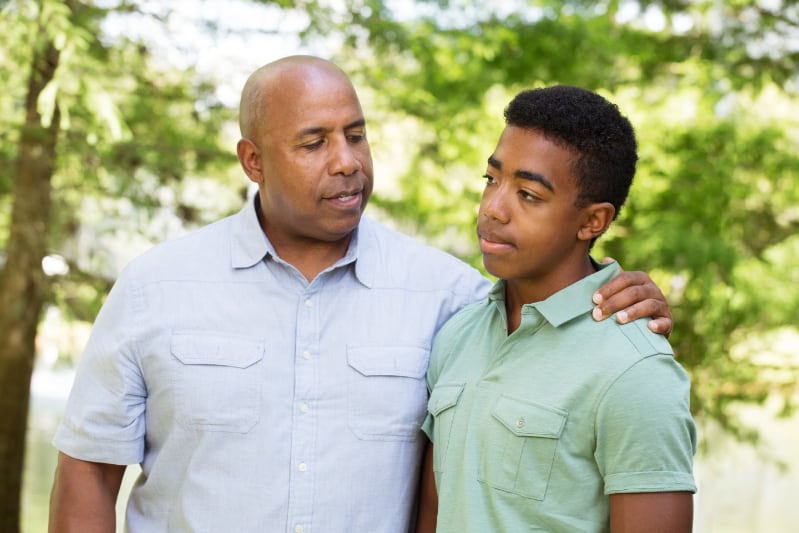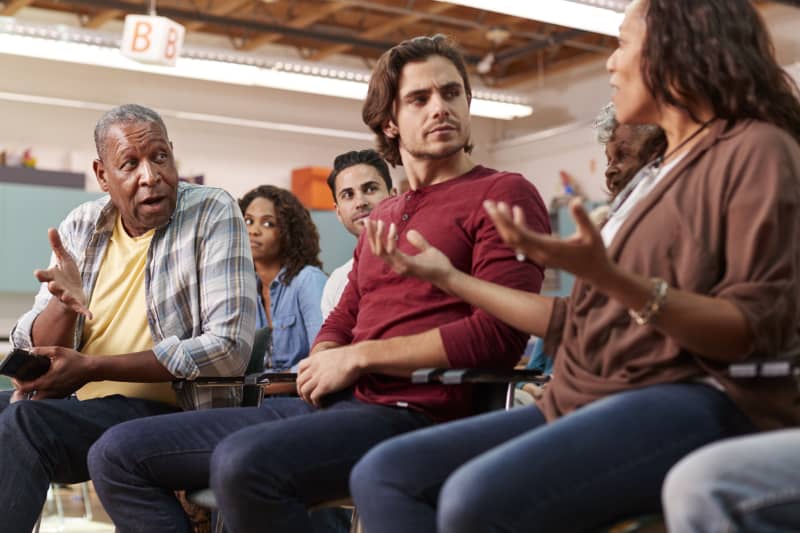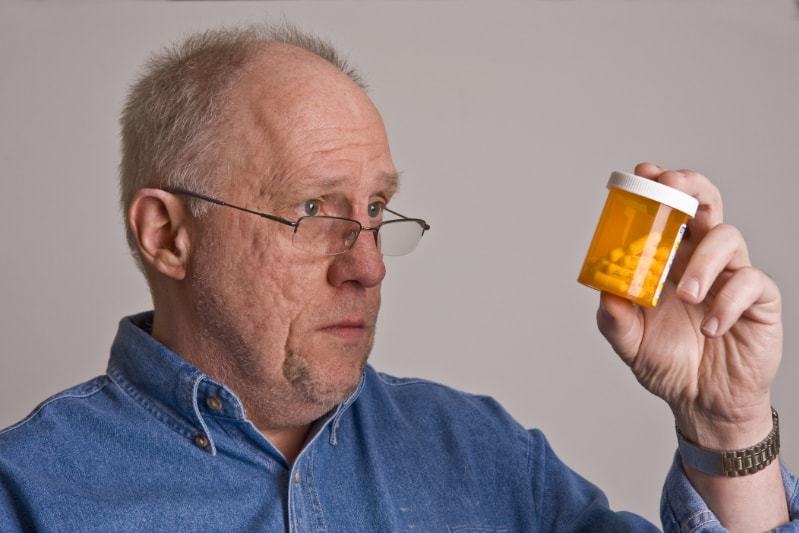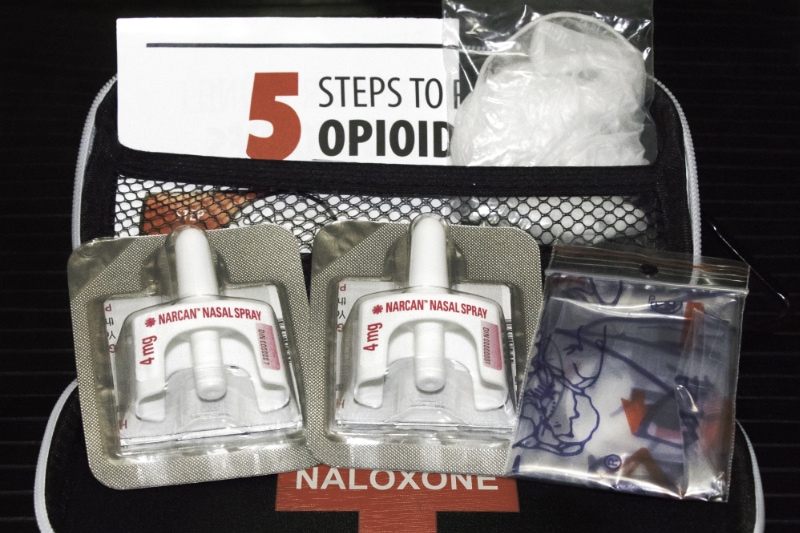Who are the
“Difference Makers”
in our lives?
Sometimes we are well aware of those who have made an impact and other times it might be a subtle suggestion or friendly act that can change things in a dramatic way. The following stories will highlight some “difference makers” and the list below can inspire you to use your own power to make the difference by preventing drug misuse or helping others impacted by addiction.
Download our Family Toolkit.
Watch our Difference Makers videos.

Talk About Addiction as a Disease.
It is scientifically accurate and helps reduce the stigma and blame often directed at people who are struggling with a substance use disorder.

Connect with Families Who Are Impacted by Addiction.
Communicate your support. Show you care in a respectful, non-judgmental way to boost a family’s sense of hope and confidence.

Be There for the Adolescent in Your Life.
Positive interaction with the young people in your life can help them avoid substance use early in life and protect them from addiction.

Support Evidence-based Prevention Programs.
There are programs in your community that help build strong kids who make good decisions and avoid risky behaviors. Some include: Life Skills, Bid Brothers and Big Sisters, and Strengthening Families Program.

Try to Create a Recovery-Friendly Workplace.
Advocate for proven strategies to make your workplace supportive to individuals in recovery.

Be Supportive of All Paths to Recovery.
Addiction treatment isn’t one-size-fits-all. Individuals need to find what works best for them.

Be Conscientious About Old Medication.
Dispose of medication safely to avoid misuse or overdose. Encourage your family and friends to do the same.



